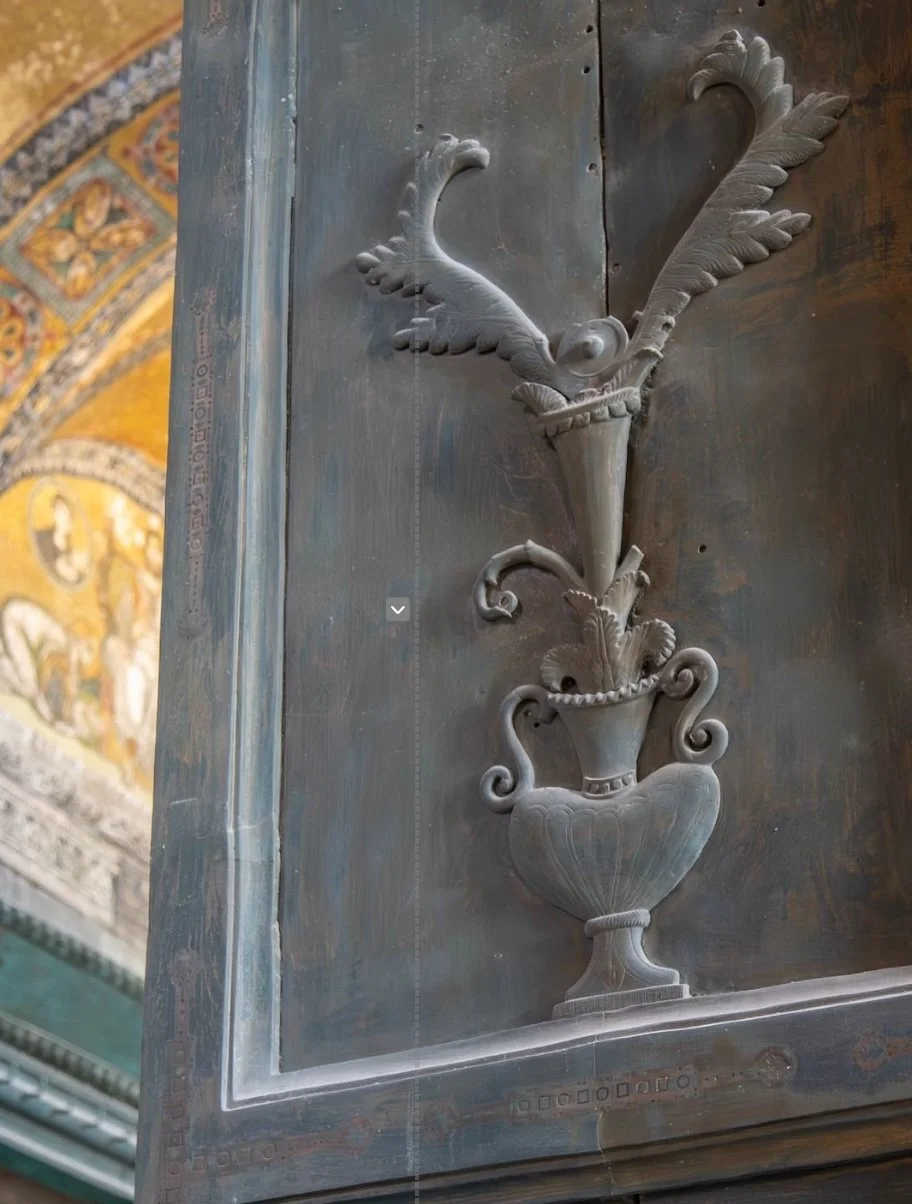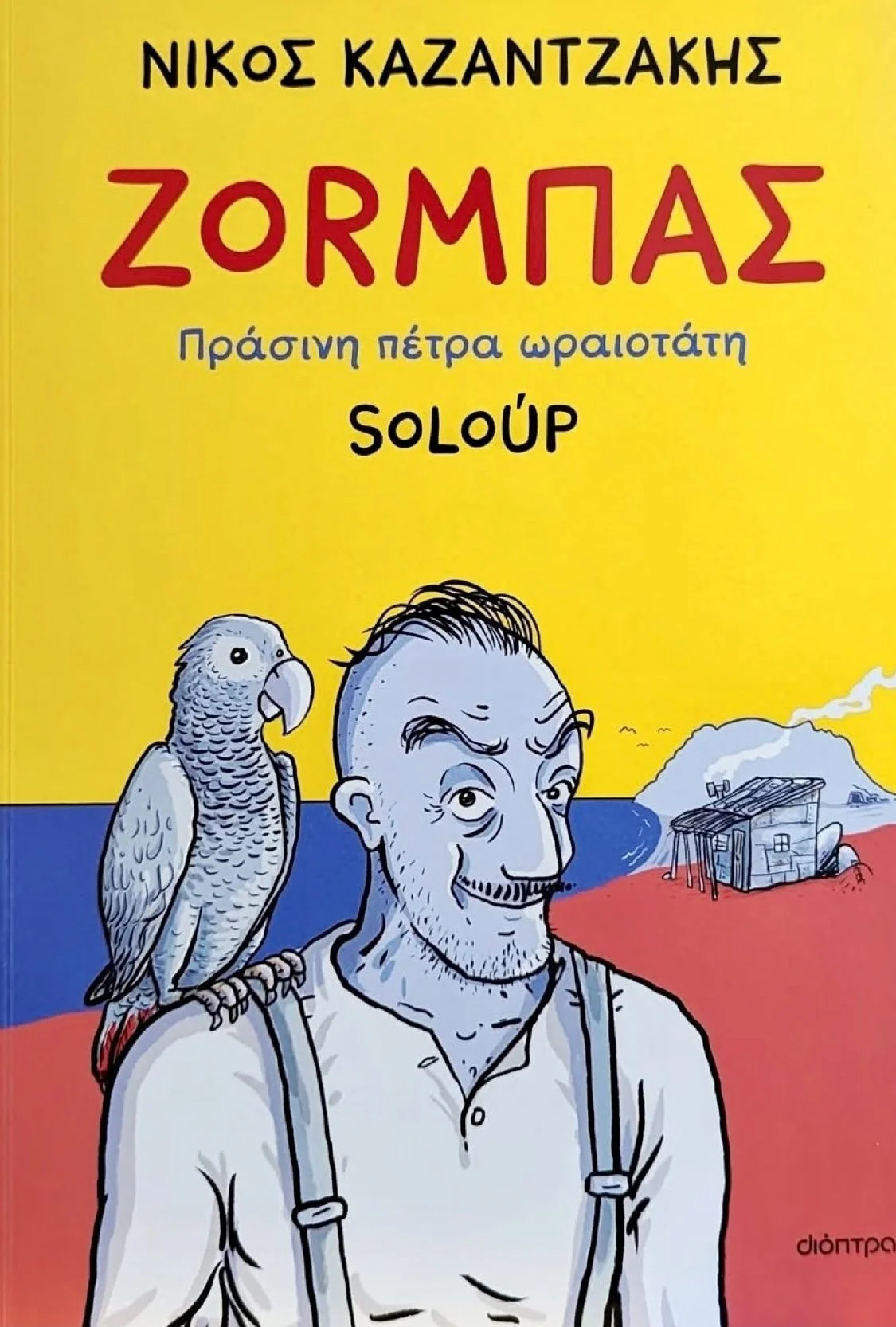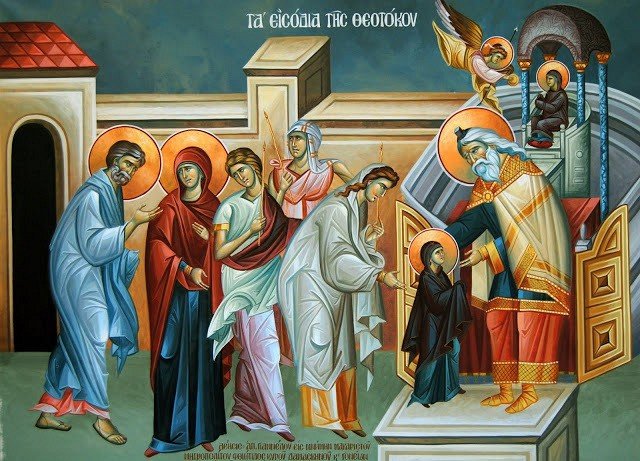
Since 1980, Pharos has hosted events exploring all aspects of Greek culture.
Scroll down for recent and upcoming events.
You can also now sign up as a supporting member of Pharos at any of our events in-person.

Jan 26: The Long History of an Ancient Greek Wine Vessel, with Dr. Evan Freeman
The ancient Greek krater was a large, two-handled vessel used for mixing wine and water. A central object of the ancient symposium, or banquet, the krater went on to have remarkable afterlives in the Roman and medieval worlds. In Byzantium and Kyivan Rus’, the krater became closely associated with Divine Wisdom (Hagia Sophia), appearing not only as a decorative motif but also as a ritual object within churches. This talk explores the enduring legacy and changing significance of the ancient Greek krater, showing how a vessel from classical antiquity became a powerful religious and political symbol for medieval Christians.

Nov 24: Zorbas Dances Again: Kazantzakis' novel 'Zorba the Greek' revisited through comics
Acclaimed Greek graphic novelist Antonis Nikolopoulos, also known by his pen name Soloúp, used the language of comics to retell Nikos Kazantzakis' famous novel Zorba the Greek. In his rich graphic novel Zorbas, Soloup intervened in the flow and rearranged the interwoven stories, while at the same time tried to avoid the stereotypes of the cinematic Zorba. Soloup will talk about how he created a new narrative for the contemporary reader by combining Kazantzakis' novel with its mythology.

Oct 27: Alex Grammatikos on Byron in Greece
This talk discusses the British poet George Gordon, Lord Byron, and his connection to Greece in the first quarter of the 19th century and his legacy first as a young traveller and later as a hero of the Greek War of Independence during which he died at Missolonghi. In addition the talk will explore how Byron’s memory lives on in Greece today, including through public collections, displays, statues, events and even personal and street names.

Mar 31: Concert with the Ancient Lyre
On March 31st, at 7:30, Pharos is very excited to welcome Luthieros back to 4500 Arbutus Street for a very special concert and workshop with reconstructed ancient Greek musical instruments. Luthieros hail from Thessaloniki, Greece. You can view some of their music here on YouTube, and learn more about the lyres here.
Please use this link to RSVP.

Mar 3: Megan Daniels on Reconceiving Athena: The History of a Warrior Goddess
Athena is well known as the goddess of wisdom, crafts, and, above all, warfare among the Greeks. She was the most excellent daughter of Zeus, who sprung fully-formed from his head, and came to be the foremost protector of the polis. But where did this idea of a female warrior deity come from within the Greek world? This talk will examine the early origins of the Greek warrior goddess, going back to the Bronze Age and tracing her emergence, piece by piece, into the Iron Age and later periods. Alongside this deeper history, comparisons will be made to warrior goddesses from the Levant and Mesopotamia to make sense of Athena's character, and her remarkable transformation over the centuries into the illustrious protector of the Greek polis.

Jan 27: Dimitris Krallis on A Global Aegean in the late 19th and early 20th c.
The village of Molyvos in Lesvos inherited the ancient town’s political and ecclesiastical importance to become, under the Ottomans, the centre for the district (kaza). This presentation explores its fascinating history through a family archive assembled spanning over 100 years of history (1830s-1940s), and a young man's memoir from the late 19th c. We explore family memory and history during a transition from empire to nation state – a world still tangible, but passing away in social and cultural flux.

Nov 11: Evan Freeman on Sacred Memory: the Entrance of the Theotokos
Every November 21, the Greek Orthodox Church celebrates the feast of the Entrance of the Virgin into the Temple. Byzantine art depicts the Virgin processing to the ancient Jewish Temple with her parents, Joachim and Anna, along with a retinue of candle-bearing maidens. The Virgin is also often shown inside the Temple, enthroned in the Holy of Holies, receiving bread from an angel. This feast portrays the Virgin as the living Temple of the Son of God. Similarly, early Christian and Byzantine sources often described the Virgin Mary as a symbol of the Church. In Byzantine churches, liturgical objects and monumental images of the Entrance of the Virgin into the Temple encouraged worshippers to understand their own ritual experience as an imitation of the Virgin’s Entrance into the Temple and evoked rich theological parallels between the Virgin Mary, the Temple, and the Church.

Oct 28: Aristotle, with Hector Williams and Michael Griffin
In this talk, we explore the great Macedonian philosopher and his work. Hector Williams will talk about the man – born in Stagira in Macedonia to the court physician of Philip II of Macedon, a follower of Plato at the Academy in Athens, tutor to Alexander the Great, a researcher for two years on the island of Lesbos, and the founder of the second great philosophical school in Athens, the Lyceum. Recent Greek excavations at Stagira have told us something about his patridha while work by the philosopher/biologist Jason Tipton has made clear his remarkable research on the fish of the Gulf of Kalloni. Michael Griffin will introduce key aspects of Aristotle’s philosophy and its enduring significance.

Pharos offers lectures on all aspects of Greek culture, ranging from ancient history, literature and archaeology to modern traditions including dance and music. All welcome!
Events are held at 7:30 pm on the last Monday of October-November and January-April. Events listed below are held online via Zoom: please join our mailing list for links.
